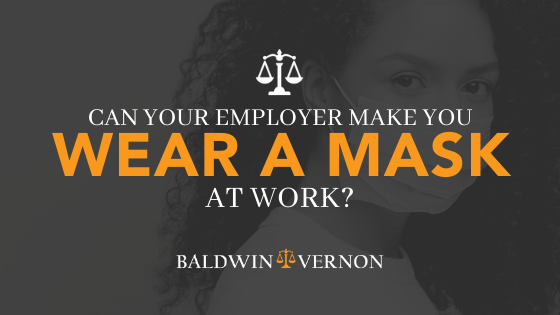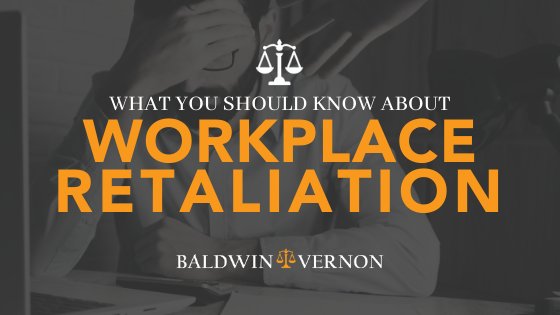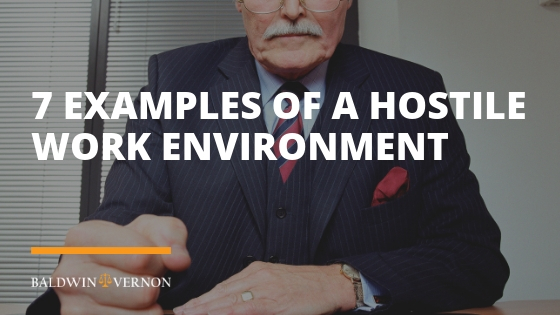Can your employer make you wear a mask at work?
While some workplaces have continued to do their essential business, others have remained completely closed, and some continue to work on a fully remote basis. With stay-at-home orders being lifted, many organizations are beginning to open their doors to the public for the first time, so what does that mean for business and how does that affect employees? Here are some things you should know about your rights at the workplace, while we continue to fight the Covid-19 pandemic together. Employers can require employees to wear PPE During a pandemic, employees can be required to wear PPE at work such as masks, gowns, or gloves that are designed to protect employees from a Covid-19 infection. In addition, an employee with [...]











